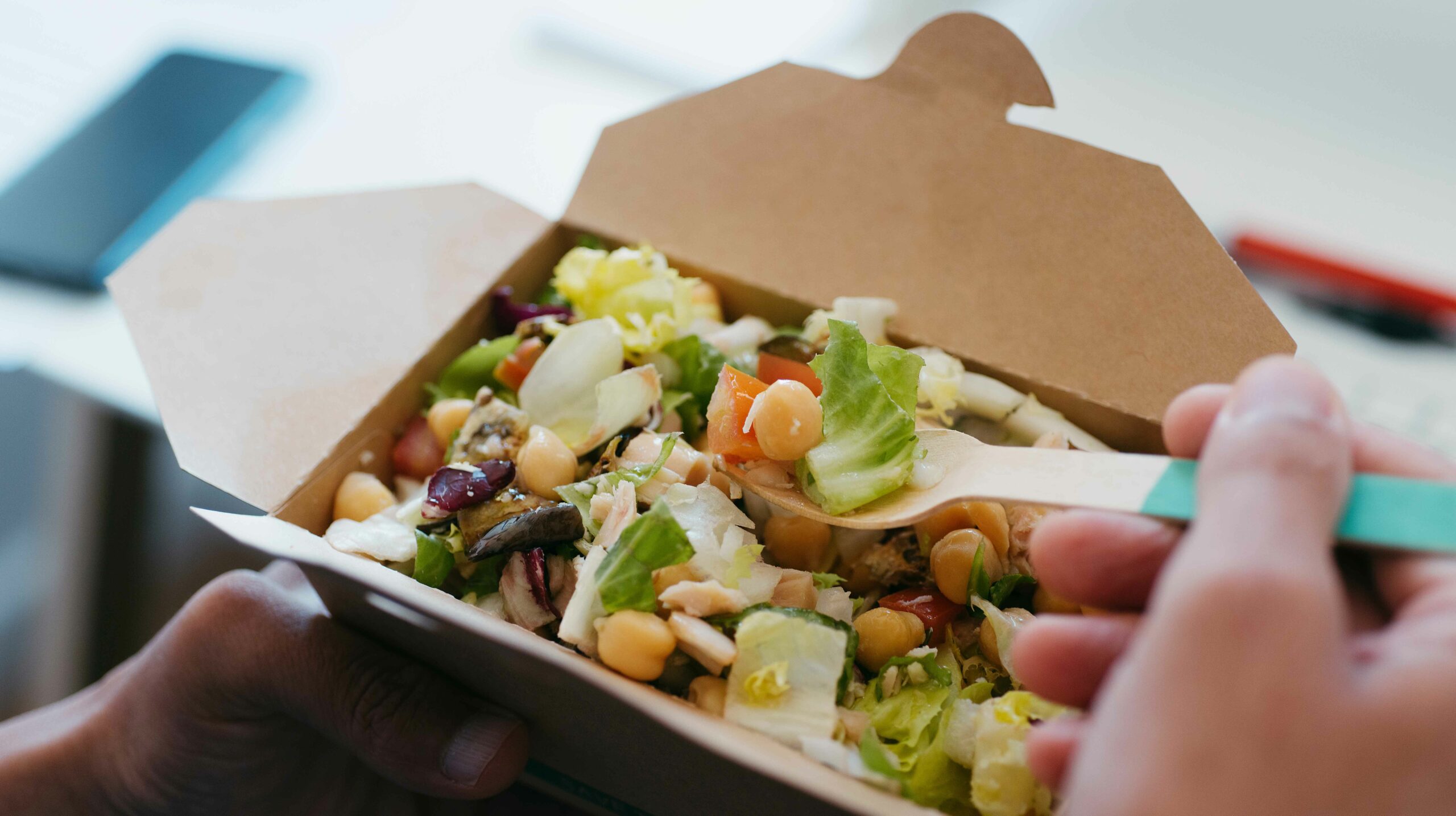
The use of paper-based food packaging in the fast-food industry has long been considered a more environmentally-friendly alternative to single-use plastics. However, a recent study led by Miriam L. Diamond, a professor at the University of Toronto’s department of Earth sciences and School of the Environment, revealed that these paper-based containers may not be as safe as previously thought.
Diamond, along with her team, examined 42 paper-based wrappers and bowls, trying to find potentially toxic human-made perfluoroalkyl and poly-fluoroalkyl substances (PFAS).
The team found samples of toxic 6:2 FTOH, or 6:2 fluorotelomer alcohol in abundance. “Another finding: fibre-based moulded bowls that are marketed as “compostable” had PFAS levels three to 10 times higher than paper doughnut and pastry bags,” reads U of T’s report.
“As Canada restricts single-use plastics in food-service ware, our research shows that what we like to think of as the better alternatives are not so safe and green after all,” Diamond says. “In fact, they may harm our health and the environment by providing a direct route to PFAS exposure — first by contaminating the food we eat, and after they’re thrown away, polluting our air and drinking water.”
The use of PFAS in food packaging is a “regrettable substitution of trading one harmful option – single-use plastics – for another.” Diamond added that PFAS eventually end up in our bodies and the environment, where they stay. PFAS have been linked to adverse health effects, including increased cancer risk, thyroid disease, cholesterol levels and decreased immune response and fertility.
Diamond has been studying PFAS exposure and management for several years, and her research has already helped shape policy, such as California’s ban on PFAS in fabrics and cosmetics by 2025.
Check out the full report on PFAs in paper takeout containers here.
Image credit: University of Toronto, Shutterstock
Source: University of Toronto
MobileSyrup may earn a commission from purchases made via our links, which helps fund the journalism we provide free on our website. These links do not influence our editorial content. Support us here.


